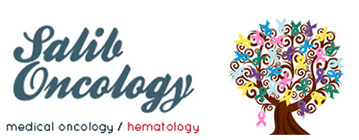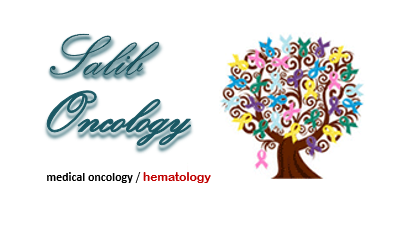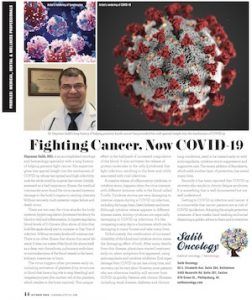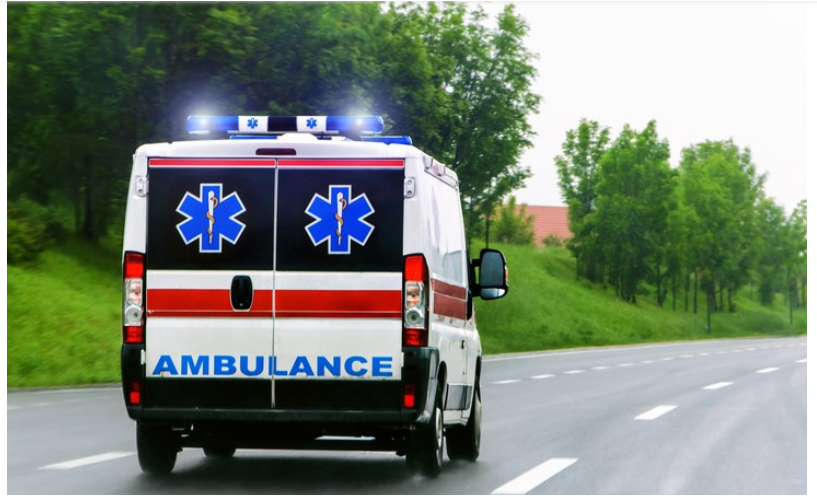Fighting Cancer, Now COVID-19
Dr. Hayman Salib’s long history of helping patients battle cancer has provided him with special insight into the mechanism of COVID-19
Lehigh Valley Style recently published a new article written by Dr. Hayman Salib on Covid-19 and recovering cancer patients.
Hayman Salib, MD, is an accomplished oncology and hematology specialist with a long history of helping patients fight cancer. His expertise gives him special insight into the mechanism of COVID-19, whose fast spread and high infectivity took the whole world by surprise last winter. Initially assessed as a bad respiratory illness, the medical community soon found the virus caused systemic damage to the body’s organs in varying intensity. Without recovery, multi-systemic organ failure and death occur.
There are two way the virus attacks the body: systemic hypercoagulation (increased tendency for blood to clot) and inflammation. In hypercoagulation, blood levels of D-Dimers (thin slices of clots that look like apple slices) start to increase on Day One of infection. Without recovery, levels will continue rise. There is no other illness that shares this same lab result. It does not matter if the blood clot shows itself as a deep vein thrombosis, pulmonary embolism, or microinfarctions of the blood vessels in the heart, kidneys, intestines or brain.
The virus triggers other processes early on, including activation of platelets (tiny structures in blood that have a big role to stop bleeding) and megakaryocytes (the mother cell of the platelets, which resides in the bone marrow). This unique effect is the hallmark of increased coagulation of the blood. It also activates the release of protein molecules in the cells (cytokines) that fight infection, resulting in the fever and chills associated with viral infections.
A massive release of inflammatory cytokines, or cytokine storm, happens when the virus interacts with different immune cells in the blood called T-cells. Cytokine storms are very damaging to internal organs during a COVID-19 infection, including the lungs, brain, heart, kidneys and more. Although cytokine release appears in different disease states, stormy cytokines are especially damaging in COVID-19 infections. It’s like comparing a rainy day to a hurricane, which can be damaging to many houses and take many lives.
Unfortunately, the combination of increased clotability of the blood and cytokine storms raises the damaging effect of both. After many deaths from this disease, physicians started treatment early on, when symptoms first appeared, using anticoagulants and cytokine inhibitors. End organ damage from COVID-19 can last a long time, and recovery can be very slow. However, most patients who are otherwise healthy will recover from COVID-19 quickly. Patients with chronic Illnesses, including renal disease, diabetes and chronic lung conditions, need to be treated early on with anticoagulants, cytokine storm suppression and supportive care. The recent addition of Remdesivir, which adds another layer of protection, has saved many lives.
Recently it has been reported that COVID-19 recovery also results in chronic fatigue syndrome. It is something that is well documented but not well understood.
Getting to COVID-19 infection and cancer: it is conceivable that cancer patients are at risk of COVID-19 infection. Adopting the simple protective measures of face masks, hand washing and social distancing is golden advice to them and to everyone.
Dr. Hayman Salib, MD












